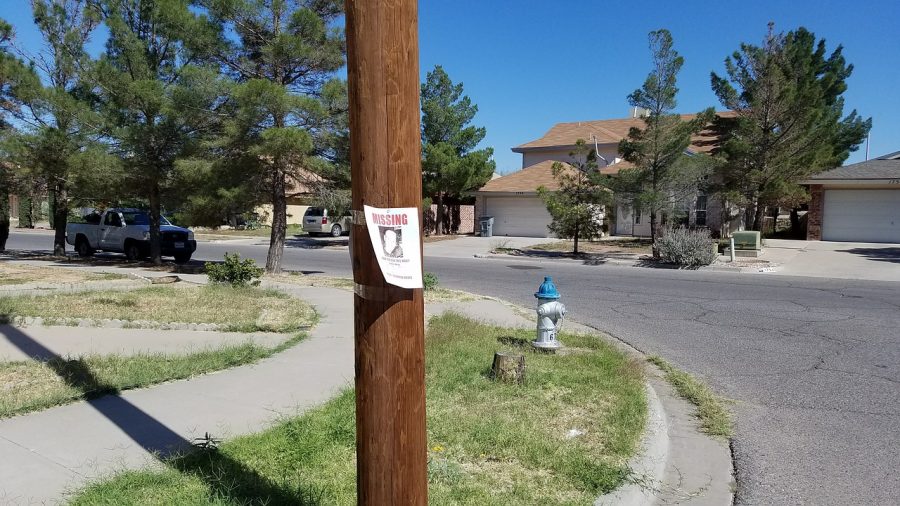‘Missing white woman syndrome’ persists on social media
November 6, 2021
Recently, much of America was captivated by the headlines of Gabby Petito, a 22-year-old travel blogger, who was first reported missing on Sept. 11. Instead of discussions on the recent takeover of Afghanistan by a resurgent Taliban and the 20th anniversary of 9/11, , Internet users scrambled for any evidence they could scavenge from Petito’s Instagram account and police footage.
On Sept. 19 the remains of Petito were found with the cause of death determined to be homicide by strangulation. Many people were now inspired to also begin a search for the whereabouts of Brian Laundrie, Petito’s boyfriend, before his remains were found on Oct. 20.
Yet as media attention focused on Petito, many women of color missing that year would not get the same attention.
In Wyoming from 2011 to 2020, 710 women of Indigenous descent had gone missing, according to The Guardian.
They had received comparatively little media attention compared to their white counterparts. When such cases are highlighted in the media, they tend to portray the women in a more negative light.
An important case to note is that of Lauren Cho, a 30-year-old New Jersey woman. Cho went missing on June 28 and her body was only discovered in October of 2021.
Law enforcement had acted more urgently when Petito went missing, compared to women like Cho, all due to Petito’s whiteness and seeming innocence.
Research suggests that young white women are more likely to be perceived as innocent and more likely to gain traction in the media. The standards of “whiteness” in society make white people out to be more beautiful and deserving of agency in comparison to their non-white counterparts.
Even in the age of social media, this discrepancy has arguably been exacerbated.
Women of color “are less likely to receive likes and clicks and shares,” Michelle N. Jeanis, assistant professor of criminal justice at the University of Louisiana, said according to The Washington Post.
Black social media users are more likely to be suspended for speaking out against bigotry. Simultaneously, Instagram seems to have treated pages that sprout bigotry and racism more leniently.
While the technology itself is not racist, the way it is used has too often been to spread hate and discrimination. It is clear that in the age of social media, there is still a long way to go in dismantling white privilege.






